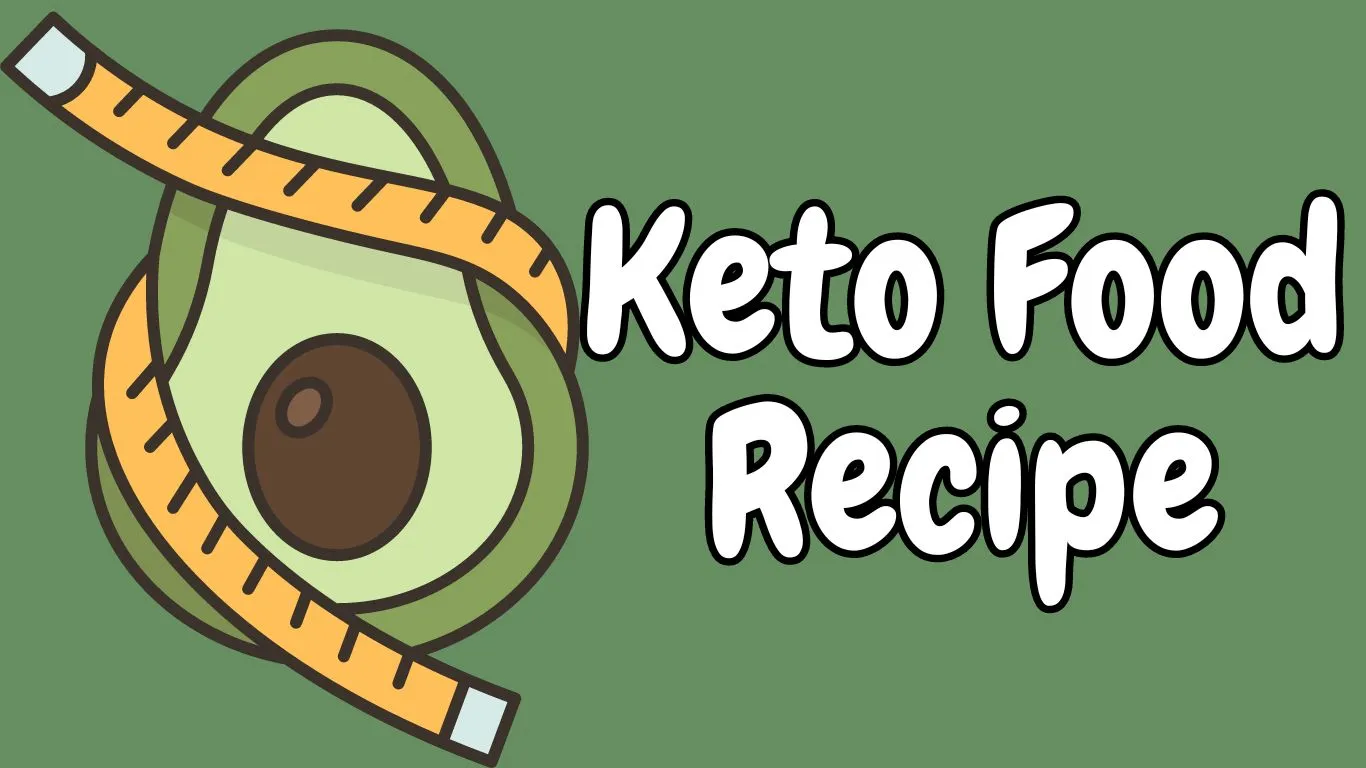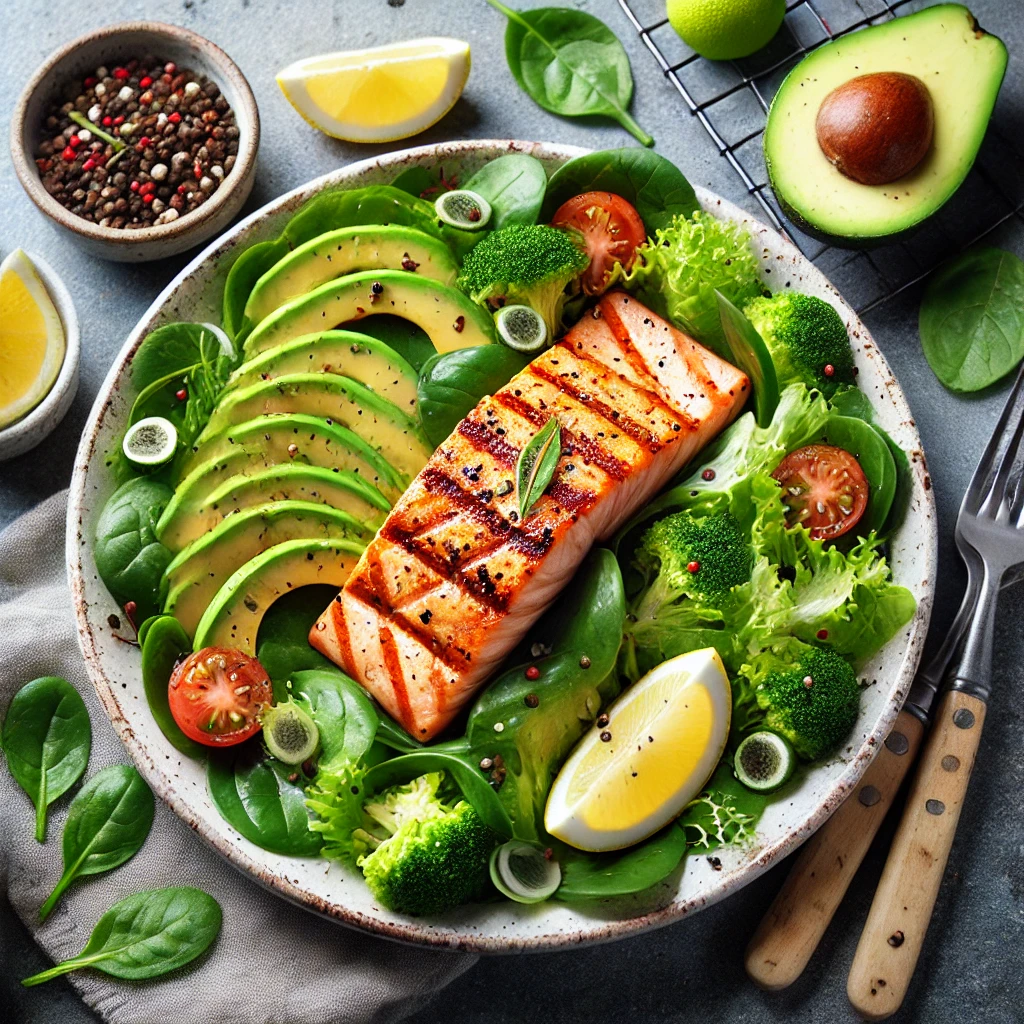In recent years, the Keto Diet has taken the world by storm, becoming one of the most popular approaches to weight loss and overall wellness. The diet’s high-fat, low-carbohydrate structure helps the body enter a metabolic state called ketosis, where fat is burned for fuel instead of carbohydrates. But what exactly is Keto Food, and how can you optimize your meals for this diet? Let’s dive into a detailed exploration of keto food options, their health benefits, and how you can incorporate them into your lifestyle.
Table of Contents
What is Keto Food?
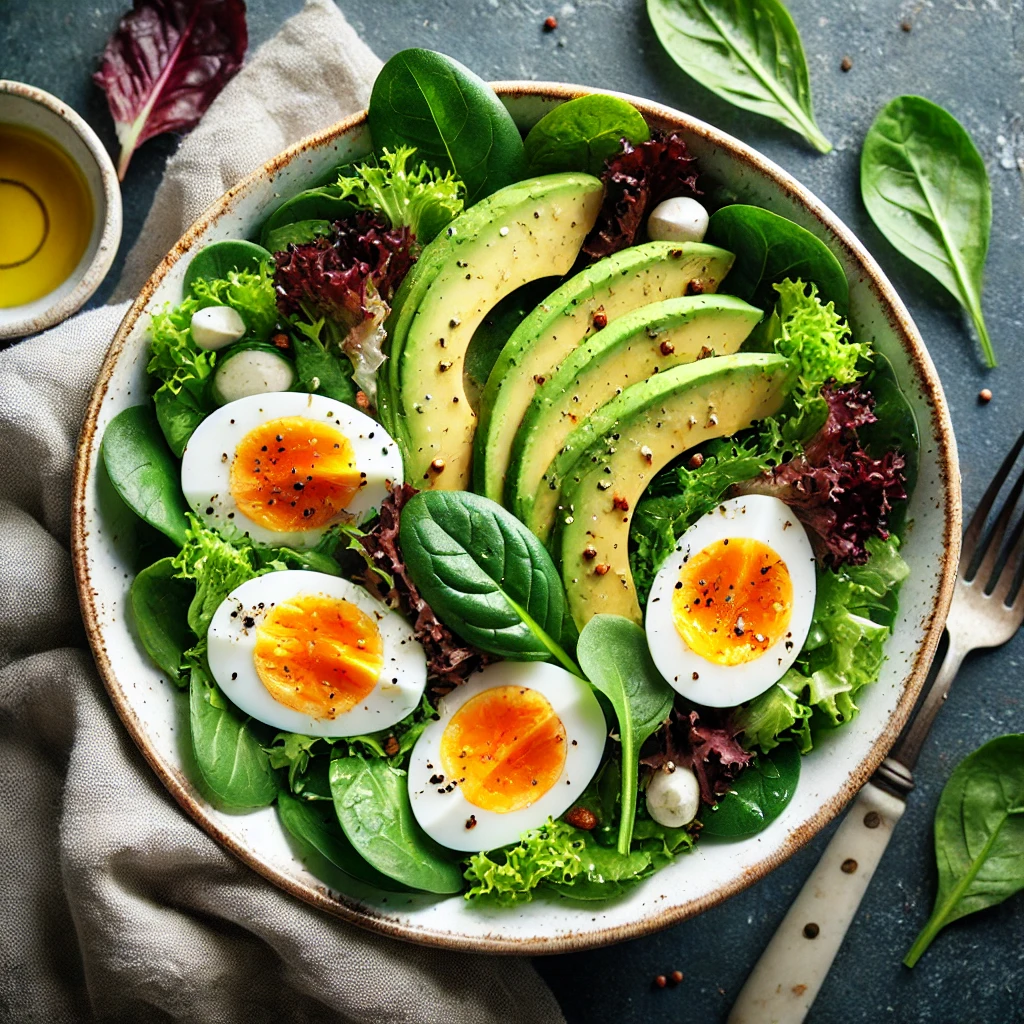
Keto Food refers to any food that is low in carbohydrates and high in fats, supporting the state of ketosis. Unlike other diets that focus on calorie reduction, the keto diet emphasizes macronutrient ratios, typically aiming for:
- 70-75% fats
- 20-25% protein
- 5-10% carbohydrates
This unique balance helps the body shift from burning glucose to burning fats, which is a key aspect of achieving ketosis.
Benefits of Keto Food
Switching to a diet rich in keto foods can have a myriad of benefits. Here are some of the most well-known health advantages:
- Weight loss: Since your body burns fat for energy, keto can help you shed excess weight quickly and efficiently.
- Improved mental clarity: The keto diet has been shown to stabilize blood sugar levels, which can result in more consistent energy and better focus.
- Reduced risk of heart disease: High-fat diets, especially those containing healthy fats, may improve cholesterol levels and reduce the risk of cardiovascular issues.
- Enhanced endurance and stamina: Many athletes use the keto diet to improve performance, as fat provides a more sustainable energy source than carbs.
Essential Keto Foods to Include in Your Diet
For those starting out, it can be daunting to determine which foods are suitable for a ketogenic diet. The key is to focus on whole, unprocessed foods that are naturally low in carbs and rich in fats. Here’s a breakdown of some of the best foods to incorporate into your keto lifestyle.
1. Healthy Fats
Since the bulk of your keto diet will come from fats, it’s essential to choose healthy, high-quality fats. Some top choices include:
- Avocados: A nutrient-dense fruit packed with heart-healthy monounsaturated fats and fiber.
- Olive oil: A staple of the Mediterranean diet, olive oil is rich in antioxidants and healthy fats.
- Coconut oil: Known for its medium-chain triglycerides (MCTs), coconut oil is easily converted into ketones, providing an excellent source of energy.
2. Protein-Rich Foods
While keto isn’t a high-protein diet, it’s crucial to include adequate amounts of protein to maintain muscle mass and support overall health. Aim for proteins from:
- Grass-fed meats: Beef, lamb, and pork are excellent choices for a keto diet, especially when sourced from grass-fed, hormone-free animals.
- Fatty fish: Salmon, sardines, and mackerel are loaded with healthy fats and omega-3s.
- Eggs: Versatile and packed with nutrients, eggs are a staple in any keto meal plan.
3. Low-Carb Vegetables
Non-starchy vegetables are a critical component of the keto diet, providing essential vitamins, minerals, and fiber without overloading on carbs. Some of the best options include:
- Spinach: A powerhouse of nutrients that can be easily added to smoothies, salads, or omelets.
- Broccoli: High in fiber and vitamins C and K, broccoli makes for a perfect side dish or stir-fry ingredient.
- Cauliflower: A versatile veggie that can be used to make keto-friendly rice, pizza crusts, or mashed “potatoes.”

Keto-Friendly Snacks for When You’re on the Go
Even on a keto diet, there are times when you need quick and easy snacks. Luckily, there are plenty of keto-friendly options that will keep you satiated and maintain your state of ketosis.
1. Nuts and Seeds
Almonds, walnuts, chia seeds, and flaxseeds are packed with healthy fats and fiber, making them a great snack option. Just make sure to avoid varieties with added sugar or excess salt.
2. Cheese
Many cheeses, such as cheddar, mozzarella, and blue cheese, are low in carbs and high in fat, making them perfect for a quick bite.
3. Dark Chocolate
Believe it or not, dark chocolate with 70% or more cocoa content can be a keto-friendly treat in moderation. It’s high in antioxidants and can help curb sweet cravings.
Common Mistakes to Avoid on the Keto Diet
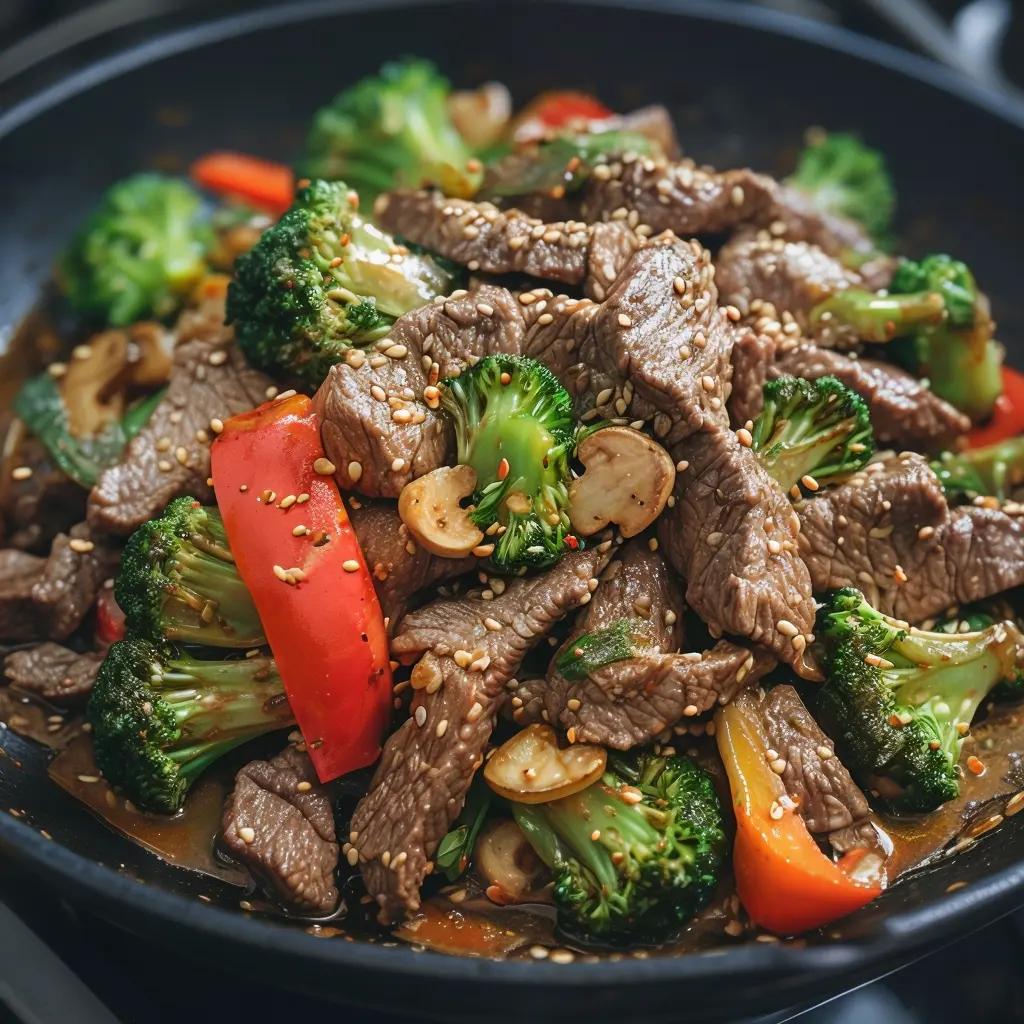
While the keto diet has many benefits, it can be easy to make mistakes, especially when you’re new to it. Here are some common pitfalls to watch out for:
1. Not Eating Enough Fat
One of the biggest mistakes people make is not consuming enough fat. Remember, fat should be the majority of your daily intake. If you’re not hitting your fat goals, you may struggle to enter or stay in ketosis.
2. Overeating Protein
While protein is important, too much of it can actually kick you out of ketosis. This is because excess protein can be converted into glucose, negating the effects of the keto diet.
3. Not Staying Hydrated
Keto can be dehydrating, especially in the early stages when you’re losing water weight. Make sure to drink plenty of water and replenish electrolytes.
How to Meal Prep for a Keto Diet
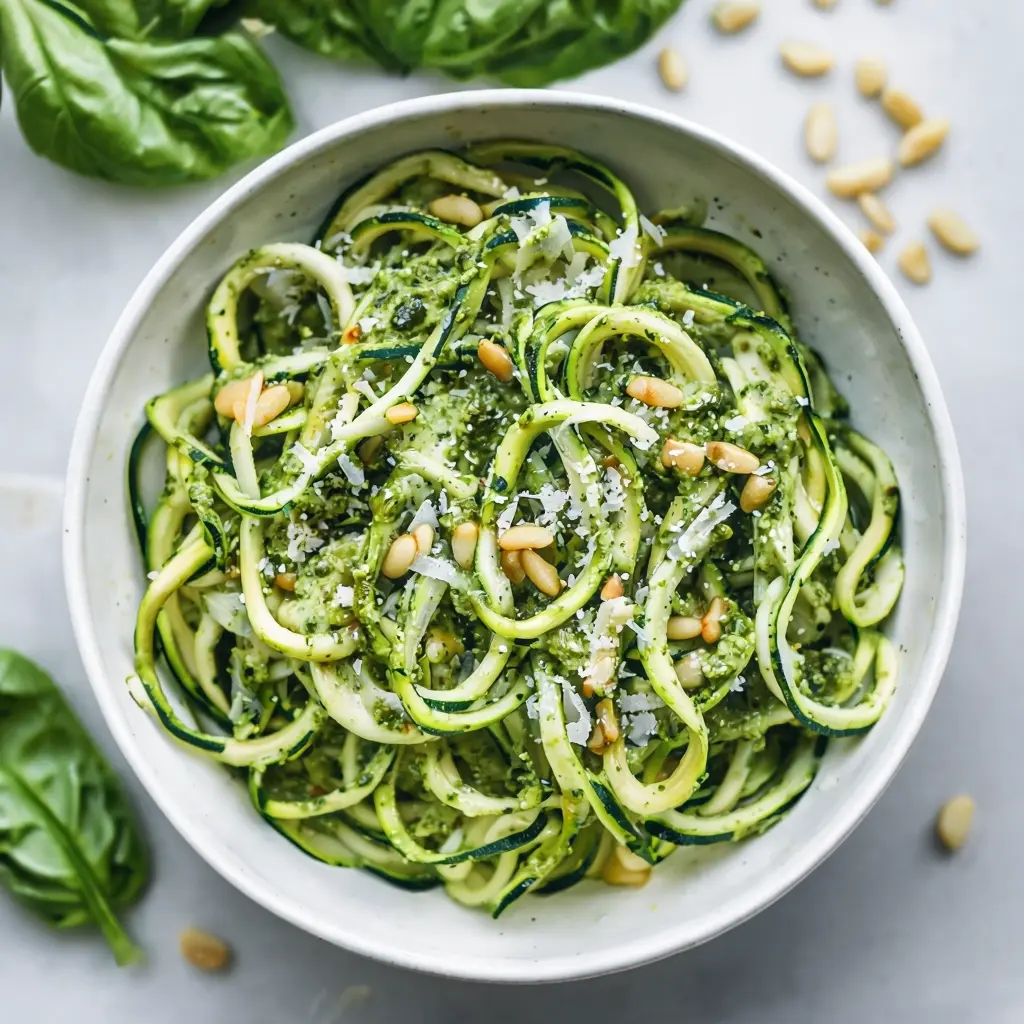
Meal prepping is one of the best ways to stay on track with your keto diet, ensuring that you always have keto-friendly options available.
1. Plan Your Meals Ahead
Start by planning out your meals for the week. Choose recipes that are easy to prepare in bulk, such as casseroles, stews, and salads.
2. Cook in Batches
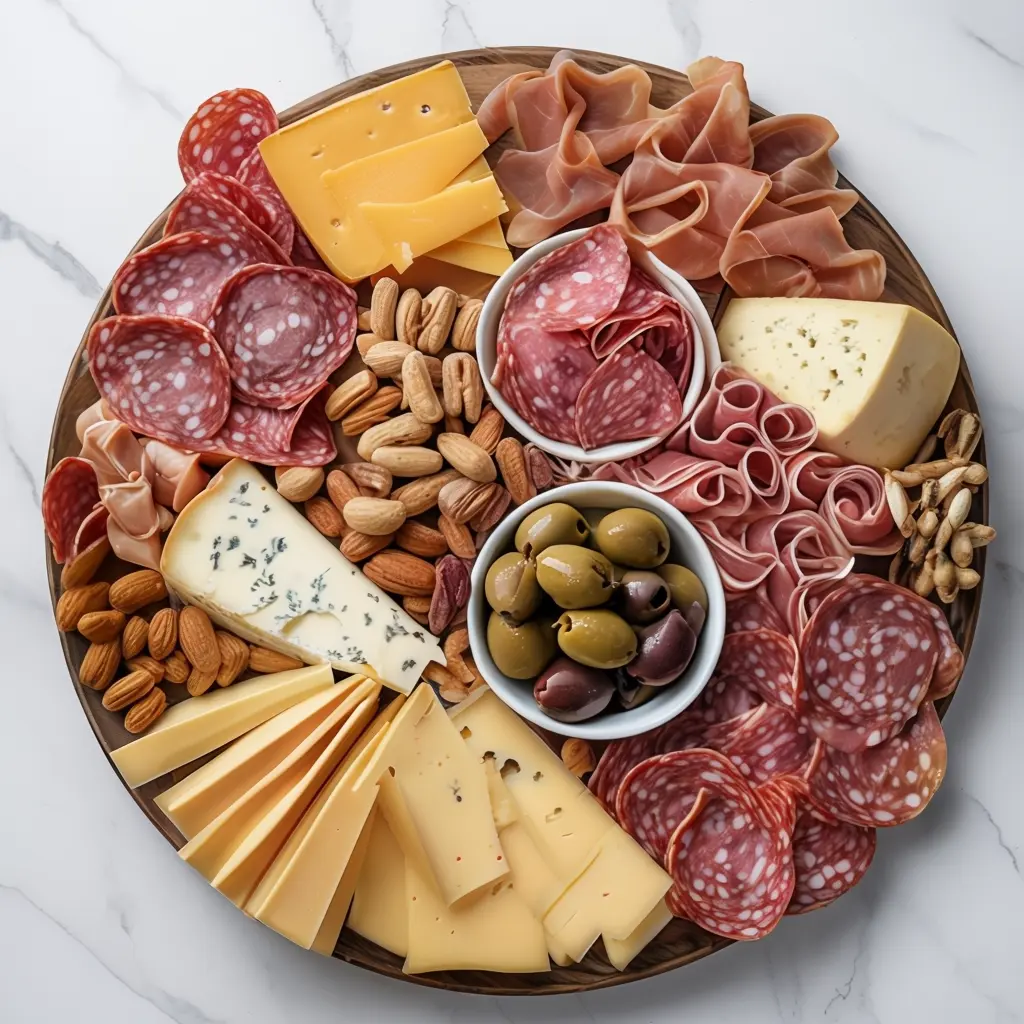
Batch cooking is key to making meal prep easy. Prepare large quantities of proteins, veggies, and snacks so you can quickly assemble meals throughout the week.
3. Store Properly
Use airtight containers to store your meals in the fridge or freezer, ensuring they stay fresh and ready to eat.
Keto Food and Weight Loss: What to Expect
Many people turn to the keto diet for its weight loss benefits. But what can you realistically expect when starting a keto journey?
1. Rapid Initial Weight Loss
In the first week or two, many people experience rapid weight loss due to water weight. This is because glycogen, the storage form of carbohydrates, holds water, and when glycogen is depleted, water is lost as well.
2. Steady Fat Loss
After the initial water loss, fat loss will continue steadily as long as you maintain a calorie deficit and stay in ketosis. It’s important to track your macronutrients to ensure you’re staying within your target ranges.
3. Long-Term Maintenance
Once you’ve reached your weight loss goals, you can switch to a maintenance keto diet, where you increase your carb intake slightly while still maintaining ketosis.
Conclusion
The Keto Diet and its corresponding foods offer a flexible, sustainable way to improve health, lose weight, and maintain mental clarity. By focusing on healthy fats, low-carb vegetables, and moderate protein intake, you can create a diverse and enjoyable keto meal plan. The key to success on keto is to stay committed, avoid common pitfalls, and enjoy the wide variety of delicious foods available to you. Remember, like any diet, it’s important to listen to your body and make adjustments as necessary.
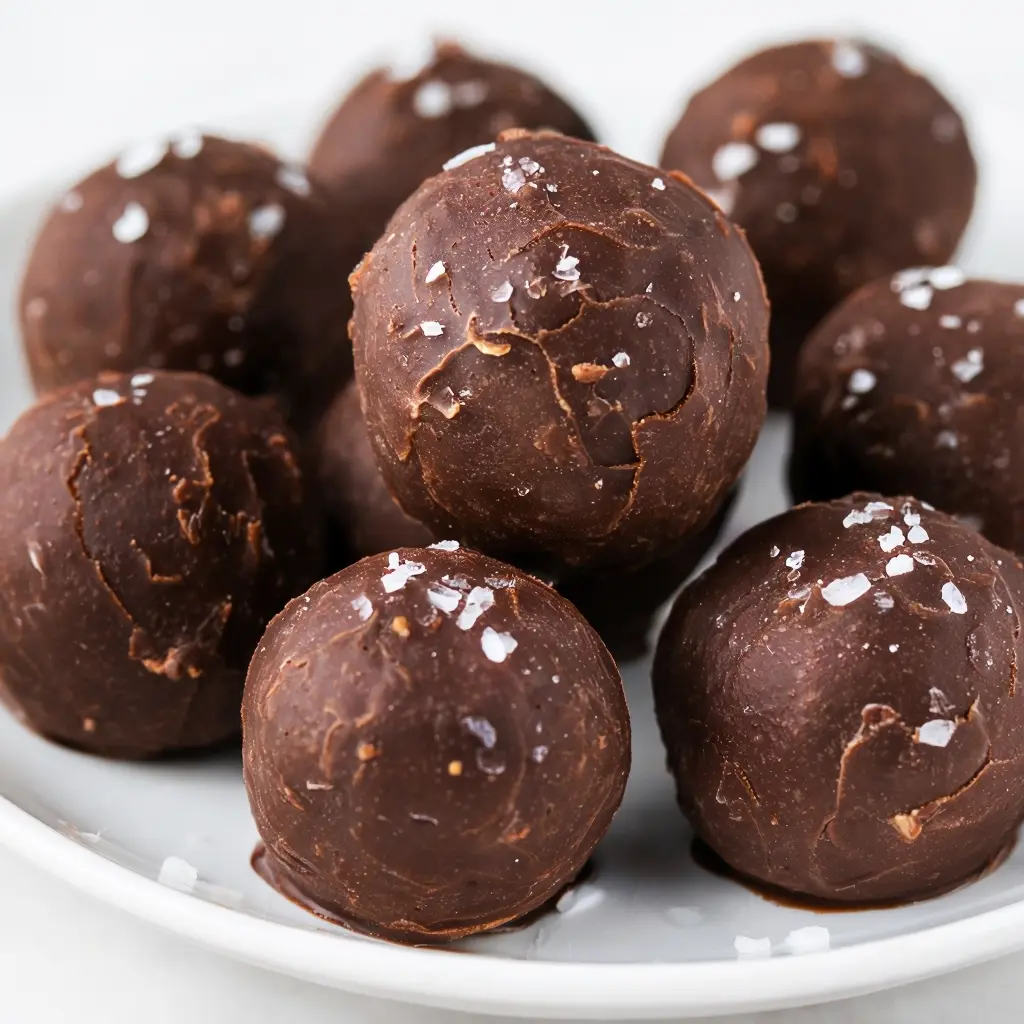
FAQs
1. Can I eat fruits on a keto diet?
While most fruits are high in carbohydrates, there are a few low-carb options like berries (strawberries, blueberries) that can be consumed in moderation.
2. How long does it take to enter ketosis?
For most people, it takes 2-4 days to enter ketosis if following a strict low-carb, high-fat diet. Factors such as activity level and metabolism can affect this timeline.
3. Is dairy allowed on keto?
Yes, dairy products like cheese, butter, and heavy cream are keto-friendly as long as they are full-fat and consumed in moderation.
4. What is the keto flu?
The keto flu refers to flu-like symptoms that some people experience when starting the keto diet. It usually lasts a few days and is caused by the body adjusting to low carbohydrate intake.
5. Can I exercise on keto?
Absolutely! Many people find that they have more consistent energy levels and better endurance when following a keto diet. Just make sure to stay hydrated and replenish electrolytes.
